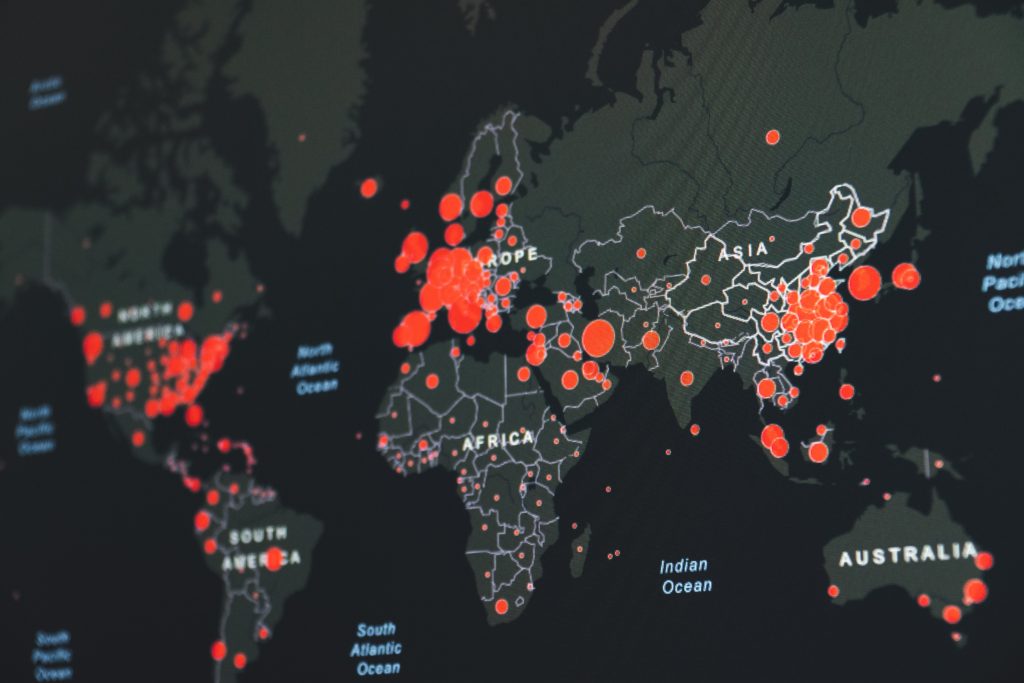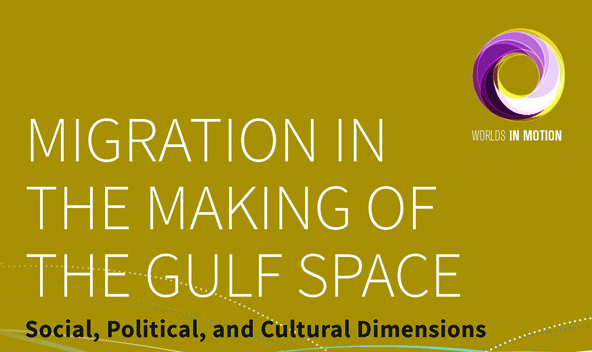Studies in Ethnicity and Nationalism (SEN) is a fully-refereed journal on ethnicity, identity and nationalism, published by Wiley-Blackwell on behalf of the Association for the Study of Ethnicity and Nationalism (ASEN). The sources and nature of ethnic identity, minority rights, migration and identity politics remain central and recurring themes of the modern world. The journal approaches the complexity of these questions from a contemporary perspective and, based on the latest scholarship, draws on a range of disciplines including political science, sociology, anthropology, economics, international relations, history and cultural studies.
Blog post – Nationalism and welfare chauvinism: right-wing populism in Europe and the 2022 French Presidential elections

Guest Contributors
Daphne Halikiopoulou – University Of Reading, Michael Jennewein – Friedrich-ebert-stiftung, Tim Vlandas – University Of Oxford
In almost all European countries, right-wing populist parties (RWPPs) have increased their electoral success at the expense of the mainstream right and left, in both national and European Parliament elections. The rise of Marine Le Pen’s Rassemblement National is a prominent example. Elsewhere in Europe, for example, Hungary and Poland, right-wing populists are even more entrenched, leading governments and exercising a firm grasp over their countries beyond the immediate political arena. In countries such as Austria, Slovenia and Italy, RWPPs governed until recently.
In almost every country, these parties have managed to influence the policy agendas permeating mainstream ground moving conservatives and progressives alike to the right on salient issues – especially regarding immigration. Even Putin’s war against Ukraine, which some thought would damage European right-wing populists who have cozied up to Russia’s leader in the past, has not significantly altered this trajectory.
Continue readingObituary for Elizabeth Teague (1945-2022)
Not long into our tenure as Editors of “Studies in Ethnicity and Nationalism (SEN)”, we sent out a call for new members of the editorial team. At the time, SEN was a fully student-run journal, so that nearly all of the applications that we received were from under- or postgraduate students.
One application, however, stood out, which was not submitted by a student. Rather, it came from a highly accomplished research analyst who – as her cover letter noted – was about to retire from her role in the UK’s Foreign and Commonwealth Office, and wanted to stay engaged in academic discussions about issues of ethnicity and nationalism. This was the application by Elizabeth Teague, an esteemed colleague and dear friend who sadly passed away in early May.
Continue readingFeatured weekly article – Special report from the field: The women of the Islamic State in Iraq
Special report from the field: The women of the Islamic State in Iraq
By Susan Schulman
Volume 22, Issue 1, pages 2-13
There are a great many unaddressed grievances that persist in Iraq to this day – grievances whose roots reach back to the overthrow of Saddam Hussein in 2003 and which ultimately led to the creation of the Islamic State in Iraq and Syria (ISIS) in 2014. Even though the Islamic State was ousted in 2017, these grievances have not gone away. In this special report from the field, American photo-journalist Susan Schulman presents the distressing testimony and images of the families that once supported the Islamic State in Iraq and who are now shunned by Iraqi society as a result.
Read the full article here.
Blog post: COVID-19 as National Contest

Guest Contributor
Jonathan Hearn, Professor of Political and Historical Sociology at the University of Edinburgh & President, Association of the Study of Ethnicity and Nationalism (ASEN)
As the war in Ukraine increasingly eclipses COVID-19 in the daily news round, and responses to the pandemic are levelling out, it is perhaps a good moment to reflect on COVID-19 and the imagining of nations. I am always interested in how people invest personal senses of agency and identity in larger collectivities, especially nations and nation states. How do nations come to represent the agency and identity of actual persons?
Continue readingBlog post: Migration and the Making of the Gulf Space
Guest Contributors
Antía Mato Bouzas, London Metropolitan University and Lorenzo Casini, University of Messina
Migration is one of the constituent features of Gulf societies in the contemporary period. Over decades migrants from different origins have contributed, as nowhere else in the world, to the modernization and nation building projects of the Gulf Arab states. However, migrants’ presence and activity largely go unnoticed in the way these different countries articulate a national identity based on elements of tribal authenticity, traditional notions of hospitality and a cosmopolitan ideal of tolerance. Interestingly, this nationalistic rhetoric of hospitality and openness has also been appropriated by a section of the migrant population in the Gulf, generally among highly skilled workers.
Continue reading

